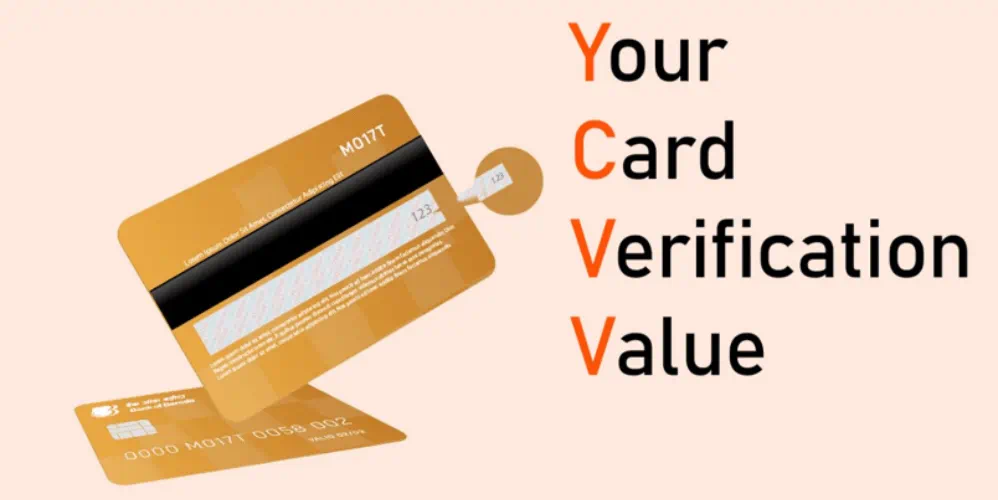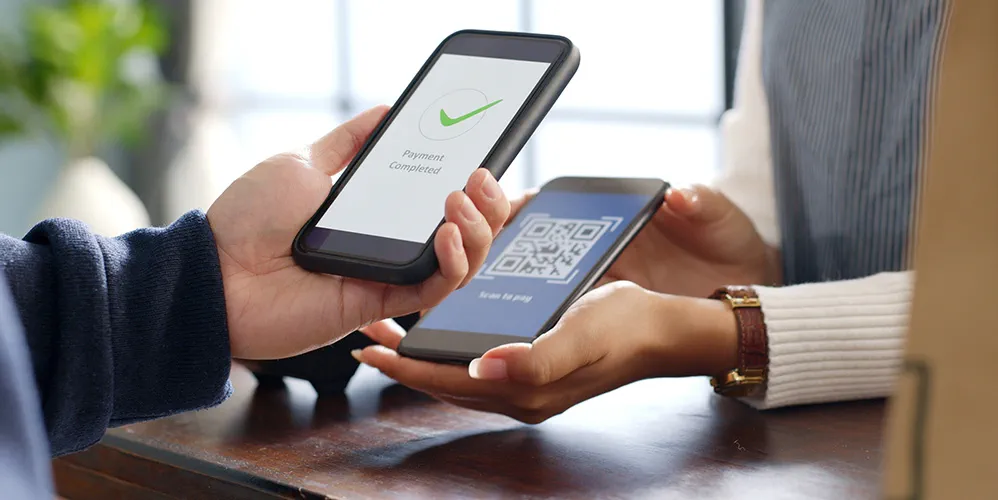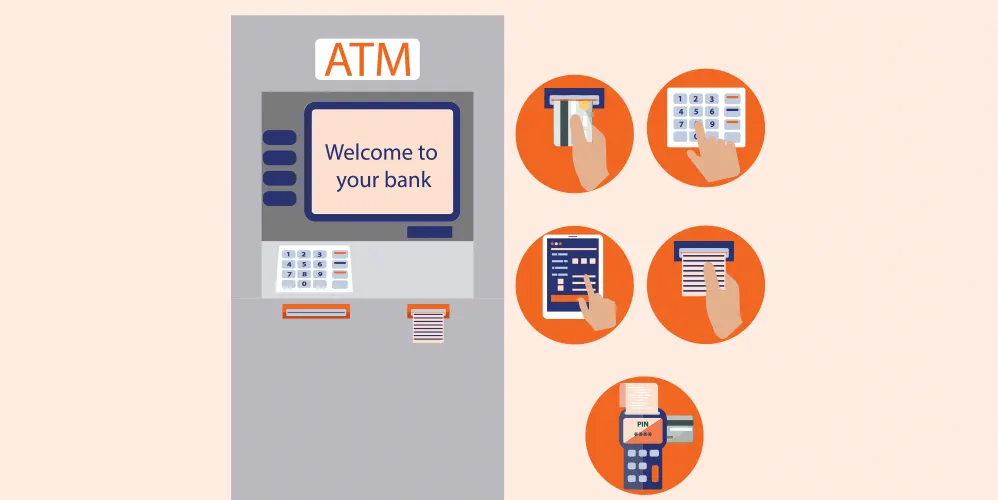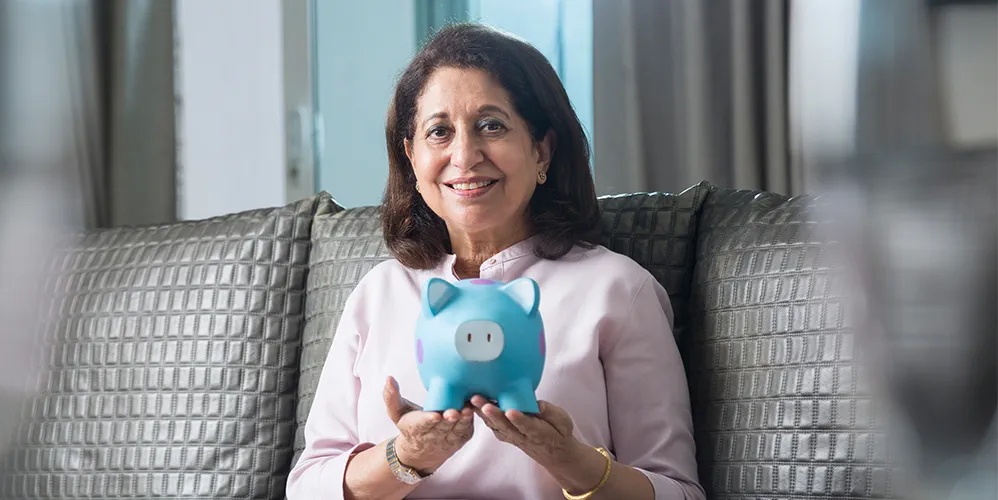
वरिष्ठ नागरिकों के लिए रिवर्स मॉर्टगेज ऋण के लाभ
09 सितम्बर 2022

Table of Content
Mrs Patel is a 65-year-old retiree. She lives in a self-owned flat while her son resides overseas. Mrs Patel is unable to keep up with the rising costs with her savings alone. She seeks financial advice from her relationship manager, who informs her about Reverse Mortgage Loans, where she can make money using her self-owned property. Let's understand what a Reverse Mortgage Loan (RML) is and how it works.
What Is A Reverse Mortgage Loan?
A Reverse Mortgage Loan is essentially a loan against property aimed at providing an income source to senior citizens. In a Reverse Mortgage, a senior citizen who owns a house can mortgage the property with a bank. Instead of paying EMIs to the bank like with a regular home loan, the bank makes monthly payments to you in a reverse mortgage. Moreover, you can occupy the house and are not required to repay the loan.
How Do Reverse Mortgages Work?
Individuals above 60 years of age can mortgage their loan-free and self-owned residential property to receive regular income. Individuals living in rented accommodation are ineligible for Reverse Mortgages. Banks typically offer 60% to 80% of the property's market value, but the maximum loan amount is capped at Rs 1 Crore. The banks make lump sum, monthly, quarterly, half-yearly or annual payments to you over 15 to 20 years.
The most appealing feature of Reverse Mortgage is that the borrower is not required to repay the loan. They can continue to live in the house. After the borrower's demise, the bank can sell the property or wait for a legal heir to repay the loan amount and take back the property. After the death of the primary applicant, their spouse can continue to occupy the property until death.
Example Explaining Reverse Mortgage Loans
For example, Mrs Patel chooses the Reverse Mortgage route to enjoy a regular income. The bank evaluates the property and offers her Rs 80 Lakh as the RML amount with a 15-year tenure and monthly payment plan. Mrs Patel continues living in the house while receiving monthly income to finance various expenses. She pays all the house-related costs, such as maintenance, property tax, insurance, etc., while alive. However, upon Mrs Patel's unfortunate demise, if her son wishes to take ownership of the house, he must pay back the loan amount. Otherwise, the bank can sell the property and recover the loan amount.
In the above example, Mrs Patel will not receive Rs 80 Lakh entirely. The bank will disburse monthly payments amounting to Rs 80 Lakh at the end of the tenure, including the interest payment. So for a 10% interest rate, Mrs Patel will receive Rs 19,302 as the monthly payment. After 15 years, the bank has paid a total of Rs 34,74,360. (19302 x 180 months). The difference between the loan amount and the actual amount paid by the bank is the interest amount.
NHB Guidelines for a Reverse Mortgage Loan
The National Housing Bank (NHB) is a housing finance regulatory body under the Reserve Bank of India. It has set the following guidelines for Reverse Mortgage Loans in India.
- Reverse Mortgage Loans do not apply to commercial properties.
- Homeowners can take back the property anytime by repaying the loan amount.
- Lenders can pay up a maximum amount of Rs 50,000 per month.
- Homeowners use the loan amount to renovate or extend the property for medical emergencies and other daily expenses.
- Lenders can only disburse a maximum of Rs 15 Lakh in lump sum payments, which the homeowner can use for medical treatment for self, spouse and dependents only.
- Lenders must provide up to 2 months' notice before selling the property.
How Much Do Reverse Mortgage Loans Cost?
Following are the costs associated with Reverse Mortgage Loans:
- Interest rate: A Reverse Mortgage is a type of a loan wherein banks charge fixed or floating interest on the pay-outs rather than on the entire loan amount.
- Insurance: Reverse Mortgage insurance is a mandatory cost that borrowers must bear.
- Pre-payment/Foreclosure: Per NHB regulations, lenders may not levy pre-payment penalties.
Borrowers must also incur stamp duty costs, registration charges, property survey and valuation fees, third-party verification costs, appraisal and inspection fees, title examination fees, etc. However, the lender must include these costs in the Reverse Mortgage Loan product offerings.
Reverse Mortgage Loan Eligibility
The following are the Reverse Mortgage Loan Eligibility Criteria:
- You should be 60 years or older.
- If you apply jointly with your spouse, your spouse's age must be no less than 55 years.
- You may mortgage a self-acquired and self-occupied residential property in India. The property cannot be a gift or an inherited property.
- The residential property should be debt-free.
- The residual life of the property should not exceed 20 years.
How Senior Citizens Can Benefit From Reverse Mortgage Loans
As a senior citizen, you enjoy the following benefits:
- Multi-purposeful: With the RML pay-outs, you can finance your everyday household expenses, travel, and medical bills. Except for the lumpsum pay-out, there are no end-use restrictions.
- Tax Benefits: Under Section 10(43) of the Income Tax Act, 1961, the RML pay-outs are not to be treated as income. Therefore, borrowers enjoy tax exemption on Reverse Mortgage Loans. Moreover, the RML amount spent for home renovations is eligible for tax deductions.
- Loan repayment is unnecessary: Repaying any debt during old age is nearly impossible. With RML, the bank has the right to sell off the property to recover the loan amount after the borrower's demise. Hence, you need not repay the loan.
Bottom Line
The standard monthly income for most people ceases upon retirement, whereas their medical costs increase, and their pensions may not be sufficient. At such a time, the Reverse Mortgage Loan serves as a lifesaver. Bank of Baroda offers Baroda Ashray Reverse Mortgage Loans to senior citizens looking for a regular income source. Call us on 1800 5700 or visit your nearest Bank of Baroda branch for more details.
Popular Articles
Related Articles



What is CVV on a Debit Card? Understanding Its Importance and Security Features


How to Update Your FASTag KYC: Step-by-Step Guide for Online & Offline Methods




The Importance of Pension Funds: Secure Your Future with Steady Retirement Income

-
डिस्क्लेमर
इस लेख/इन्फोग्राफिक/चित्र/वीडियो की सामग्री का उद्देश्य केवल सूचना से है और जरूरी नहीं कि यह बैंक ऑफ बड़ौदा के विचारों को प्रतिबिंबित करे। सामग्री प्रकृति में सामान्य हैं और यह केवल सूचना मात्र है। यह आपकी विशेष परिस्थितियों में विशिष्ट सलाह का विकल्प नहीं होगा । बैंक ऑफ बड़ौदा और/या इसके सहयोगी और इसकी सहायक कंपनियां सटीकता के संबंध में कोई प्रतिनिधित्व नहीं करती हैं; यहां निहित या अन्यथा प्रदान की गई किसी भी जानकारी की पूर्णता या विश्वसनीयता और इसके द्वारा उसी के संबंध में किसी भी दायित्व को अस्वीकार करें। जानकारी अद्यतन, पूर्णता, संशोधन, सत्यापन और संशोधन के अधीन है और यह भौतिक रूप से बदल सकती है। इसकी सूचना किसी भी क्षेत्राधिकार में किसी भी व्यक्ति द्वारा वितरण या उपयोग के लिए अभिप्रेत नहीं है, जहां ऐसा वितरण या उपयोग कानून या विनियमन के विपरीत होगा या बैंक ऑफ बड़ौदा या उसके सहयोगियों को किसी भी लाइसेंसिंग या पंजीकरण आवश्यकताओं के अधीन करेगा । उल्लिखित सामग्री और सूचना के आधार पर किसी भी वित्तीय निर्णय लेने के लिए पाठक द्वारा किए गए किसी भी प्रत्यक्ष/अप्रत्यक्ष नुकसान या देयता के लिए बैंक ऑफ बड़ौदा जिम्मेदार नहीं होगा । कोई भी वित्तीय निर्णय लेने से पहले अपने वित्तीय सलाहकार से सलाह जरूर लें।
शेयरों के एवज में ऋण - आपको क्या जानना चाहिए।
क्या आपको तत्काल राशि की आवश्यकता है? क्या आपने शेयर बाजार में एक महत्वपूर्ण राशि का निवेश किया है? क्या आप जानते हैं कि आप अपने शेयरों को गिरवी रखकर ऋण प्राप्त कर सकते हैं? जी हां, आप शेयरों के एवज में ऋण ले सकते हैं, एक प्रकार का सुरक्षित ऋण जहां आपके शेयर संपार्श्विक के रूप में कार्य करते हैं। ऋणदाता आमतौर पर उच्च ऋण राशि प्रदान करते हैं, प्रतिस्पर्धी ब्याज दरें लेते हैं और फ्लेक्सीबल पुनर्भुगतान अवधि प्रदान करते हैं। साथ ही, आपको केवल आपके द्वारा उपयोग की जाने वाली ऋण राशि पर ब्याज़ का भुगतान करना होगा, न कि पूरी मूल ऋण राशि। शेयर क्या हैं, शेयरों पर ऋण कैसे प्राप्त करें, डीमैट अकाउंट का महत्व और आप ऑनलाइन डीमैट अकाउंट कैसे खोल सकते हैं, इसके बारे में अधिक जानने के लिए पढ़ें।
स्वर्ण ऋण की मुख्य विशेषताएं और लाभ
जब आपको तत्काल धन की आवश्यकता होती है, तो आप अपनी आवश्यकतानुसार इसे प्राप्त करने के लिए अपने सोने को संपार्श्विक के रूप में उपयोग करने पर विचार कर सकते हैं। स्वर्ण ऋण अधिकांश बैंकों और गैर-बैंकिंग वित्तीय कंपनियों (एनबीएफसी) द्वारा दिए जाने वाले सुरक्षित ऋण हैं। ऋणदाता सोने के वर्तमान बाजार मूल्य का आकलन करता है और ऋण राशि निर्धारित करता है। ऐसा ऋण आपको तत्काल नकद प्राप्त करने में मदद करता है। आइए हम स्वर्ण ऋण की विभिन्न विशेषताओं और लाभों, ऋण आवेदन की प्रक्रिया आदि का विश्लेषण करें। पढ़ें

